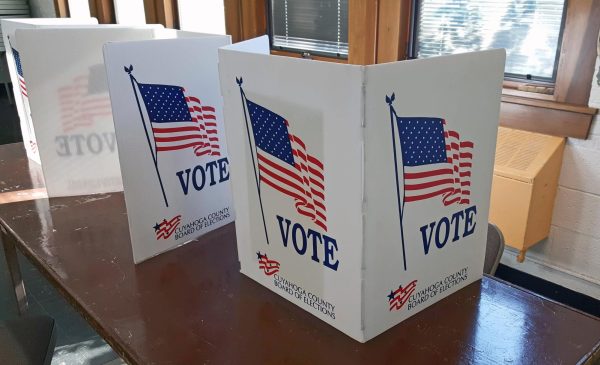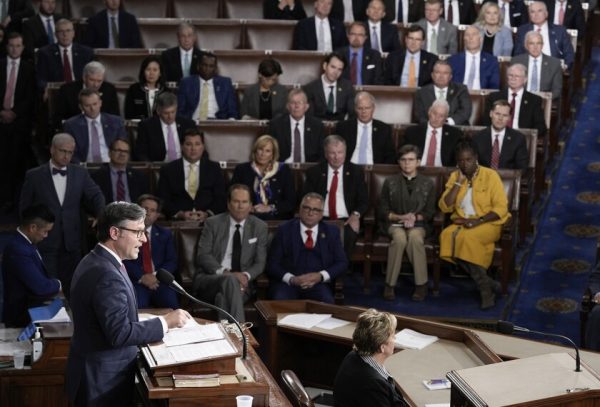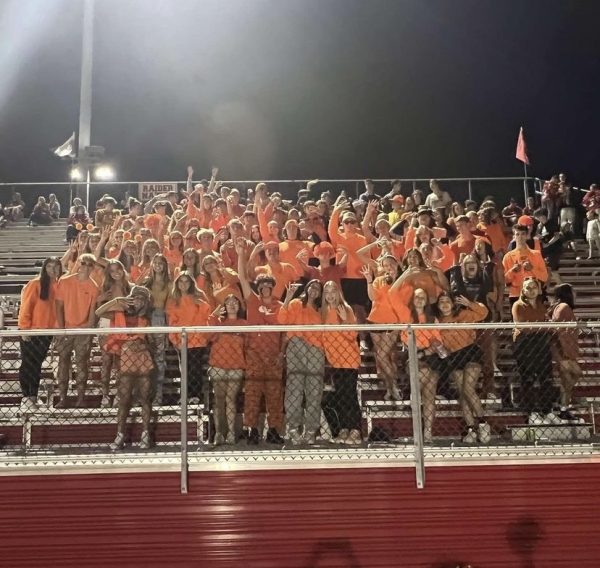Unconventional Conventions
September 30, 2020
August saw two political conventions – the Democratic National Convention and the Republican National Convention – convene to nominate their presidential candidate and highlight their party priorities. The Democratic Party placed emphasis on uniting the American people while the Republican Party centralized the idea of a strong nation ruled by strong leaders. While both parties highlighted their priorities, both conventions led attacks on the other, citing faults in the opposite party and its presidential nominee.
The DNC was held for the first time virtually and was viewed by a daily average of 21.5 million TV viewers on August 17-20, according to Nielsen Media Research. The convention was held on stages (for speakers only) in Los Angeles, New York City, Wilmington, Delaware, and finally Milwaukee. Key speakers included presidential nominee Joe Biden and his wife Jill, vice-presidential nominee Kamala Harris, Michelle and Barack Obama, Bernie Sanders, Elizabeth Warren, and others. These speakers stressed the importance of a united American people, of which would be the only way to defeat President Donald Trump in the upcoming election.
Former First Lady Michelle Obama, who spoke on the first night of the DNC, called President Trump “the wrong president for our country” and stated that “he simply cannot be who we need him to be for us.”
On the second night of the DNC, Senator Bernie Sanders reached out to voters across the spectrum, saying, “to everyone who supported other candidates in the primary and to those who may have voted for Donald Trump in the last election, the future of our democracy is at stake…We must come together.”
The RNC was held in limited-person events on August 24-27. According to Nielsen Media Research, the convention boasted a daily average of 19.3 million T.V. viewers, and took place in Charlotte, North Carolina, where state-wide COVID-19 restrictions limited the in-person gathering to only include 336 of its 2,500 delegates. President Trump accepted his renomination on the White House lawn. Key speakers included Donald and Melania Trump, Mike and Karen Pence, Nikki Haley, Kimberly Guilfoyle, Mitch McConnell, Eric Trump, Ivanka Trump, and Donald Trump Jr.
Donald Trump Jr., who highlighted the GOP’s championed value of American exceptionalism (which was directly mentioned by the RNC introductory speaker), said, “We’re here tonight to talk about the great American story, to talk about this country we all love, this land of promise and opportunity, of heroes and greatness.”
During Vice President Mike Pence’s re-nomination acceptance speech, he threatened that Democratic nominee Joe Biden would set America on a path of “decline.” Pence went on to promote President Trump, telling the American people that “it’s our turn to fight for him.”
According to NBC News, Joe Biden officially won the Democratic nomination by defeating rivals (who had all dropped out prior to the DNC, but who still received some delegate votes) by 1,614 delegates. President Trump won his nomination at the RNC by defeating lone opponent Bill Weld by 2,357 delegates. The nominees are set to debate on September 29, October 15, and October 22, with the vice-president nominees set to debate on October 7. Americans will head to the polls on November 3 to decide the next President of the United States.









